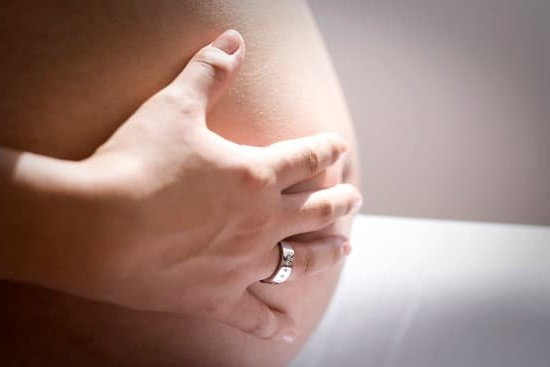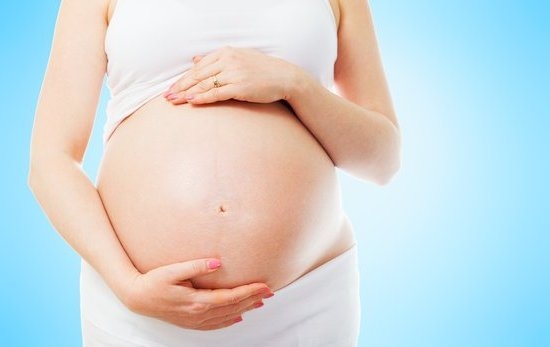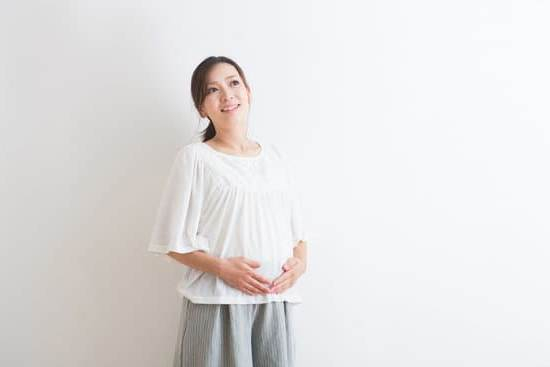Stomach Pain In Early Pregnancy
The first trimester of pregnancy is a time of change for your body. You’re probably feeling excited and anxious all at the same time. Along with the many changes you’re experiencing, you may also notice some new and unusual symptoms. One such symptom may be stomach pain.
If you’re experiencing stomach pain during your early pregnancy, you’re not alone. Many women experience some sort of stomach pain or discomfort during their first trimester. The good news is that most of these pains are harmless and will go away as your pregnancy progresses.
There are a number of different causes of stomach pain during early pregnancy. Here are a few of the most common ones:
•Gas and bloating: One of the most common causes of stomach pain during early pregnancy is gas and bloating. This is caused by the hormones that are released during pregnancy, which can cause your digestive system to slow down.
•Constipation: Another common cause of stomach pain during early pregnancy is constipation. This is again caused by the hormones that are released during pregnancy, which can slow down your digestive system and cause you to become constipated.
•Round ligament pain: Another common cause of stomach pain during early pregnancy is round ligament pain. This is caused by the ligaments that support your uterus stretching and expanding as your pregnancy progresses.
If you’re experiencing stomach pain during your early pregnancy, there are a few things that you can do to help relieve the pain. Here are a few tips:
•Drink plenty of fluids: Drinking plenty of fluids can help to relieve the symptoms of gas and bloating.
•Eat small, frequent meals: Eating small, frequent meals can help to relieve the symptoms of constipation.
•Avoid spicy or fatty foods: Spicy or fatty foods can aggravate the symptoms of gas and bloating.
•Get plenty of exercise: Exercise can help to relieve the symptoms of round ligament pain.
If your stomach pain is severe or doesn’t go away after a few days, be sure to talk to your doctor. Stomach pain can be a sign of a number of different things, some of which may not be safe for your baby. Your doctor will be able to help you determine the cause of your stomach pain and advise you on how to best deal with it.
Back Cramps Early Pregnancy
Back cramps are one of the earliest signs of pregnancy. Back cramps can be caused by a number of things, including constipation, hormone changes, and the growing baby.
Some simple tips to help ease the pain of back cramps include:
– Taking a hot bath
– Exercising regularly
– Taking over-the-counter pain medication, such as ibuprofen
– Drinking plenty of water
– Eating healthy foods
How Does Your Stomach Feel In Early Pregnancy
?
Many women wonder how their stomach feels in early pregnancy. This is a common question, because early pregnancy symptoms can vary from woman to woman. Some women feel great during early pregnancy, while others experience morning sickness, fatigue, and other symptoms.
The most common early pregnancy symptom is a missed period. Other symptoms can include nausea, vomiting, fatigue, and changes in breast size or sensitivity.
How does your stomach feel in early pregnancy? For most women, the stomach feels about the same as it did before pregnancy. However, some women experience morning sickness, which can cause nausea and vomiting.
If you are experiencing any early pregnancy symptoms, be sure to speak with your doctor. He or she can help you determine whether you are pregnant and provide you with advice on how to manage your symptoms.
Hcg Levels In Early Pregnancy
A pregnancy test measures the level of human chorionic gonadotropin (hCG) in a woman’s blood or urine. hCG is a hormone produced by the placenta after implantation. The level of hCG starts to increase rapidly after implantation and doubles every two to three days.
A pregnancy test is usually positive if the hCG level is at least 25 mIU/ml. Most home pregnancy tests are able to detect hCG levels as low as 20 mIU/ml. The hCG level reaches its peak at about 8-10 weeks of pregnancy and then slowly declines.
A woman who is not pregnant will not have any hCG in her blood or urine.
Early Pregnancy Symtoms
The first trimester of pregnancy can be both an exciting and anxious time. For many women, early pregnancy symptoms can make the wait to find out if they are pregnant feel even longer. While each woman’s experience is unique, many early pregnancy symptoms are common.
The most common early pregnancy symptom is a missed period. Other early pregnancy symptoms can include nausea, vomiting, breast tenderness, fatigue, and frequent urination. While many of these symptoms can also be caused by other conditions, if you are experiencing them and you think you may be pregnant, it is best to take a home pregnancy test or see your doctor.
If you are pregnant, your doctor will likely recommend that you begin taking prenatal vitamins and may also prescribe a prenatal vitamin with folic acid. Folic acid is important for the development of the baby’s neural tube, and can help to prevent major birth defects of the baby’s brain and spine.
During the first trimester, it is also important to avoid any activities that could potentially cause harm to the baby. This includes smoking, drinking alcohol, and participating in high-risk activities. It is also important to be aware of any foods that may contain harmful bacteria, such as raw meat and unpasteurized dairy products.
The first trimester can be a time of both excitement and worry, but by following your doctor’s recommendations and taking care of yourself, you can help ensure a healthy pregnancy.

Welcome to my fertility blog. This is a space where I will be sharing my experiences as I navigate through the world of fertility treatments, as well as provide information and resources about fertility and pregnancy.





